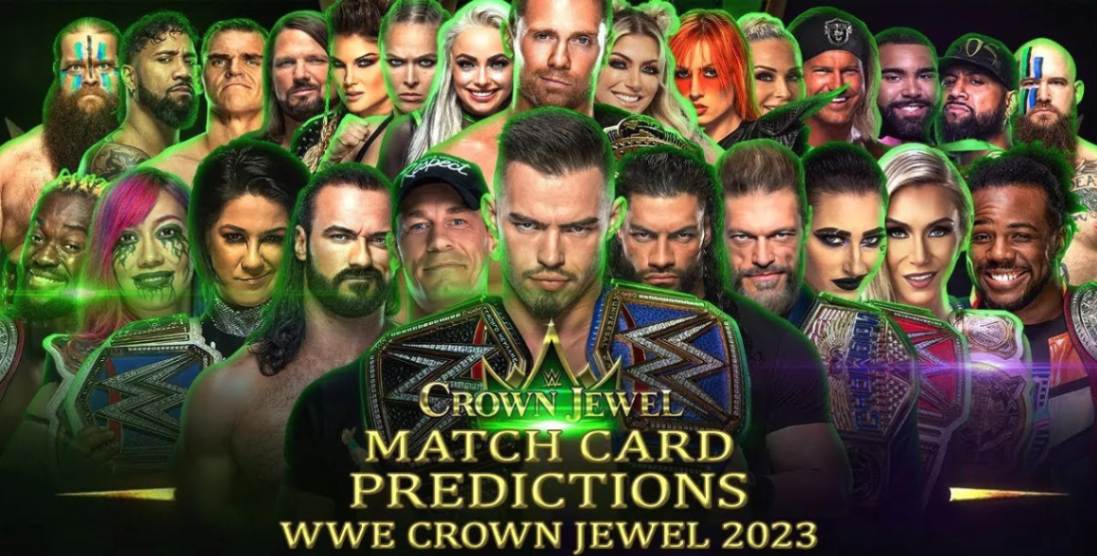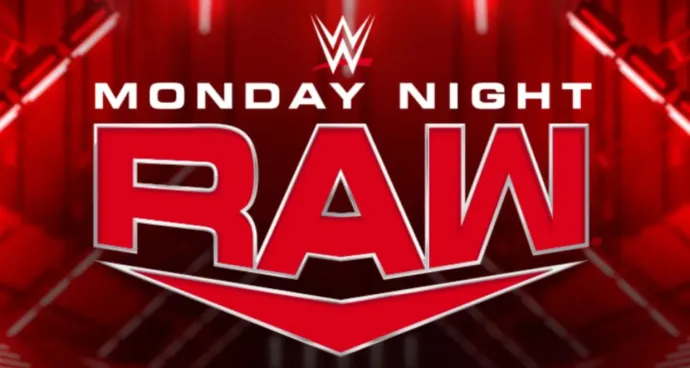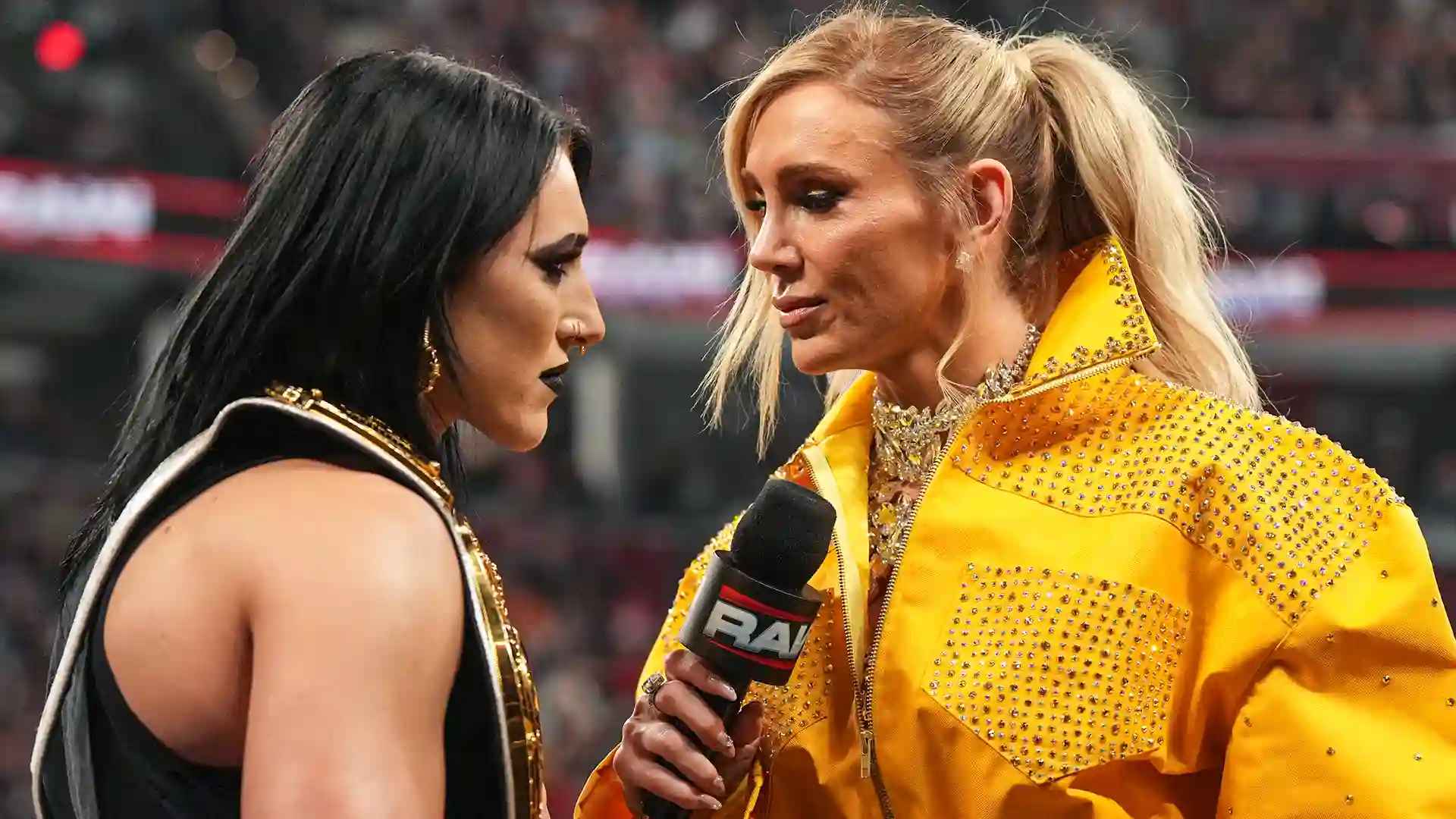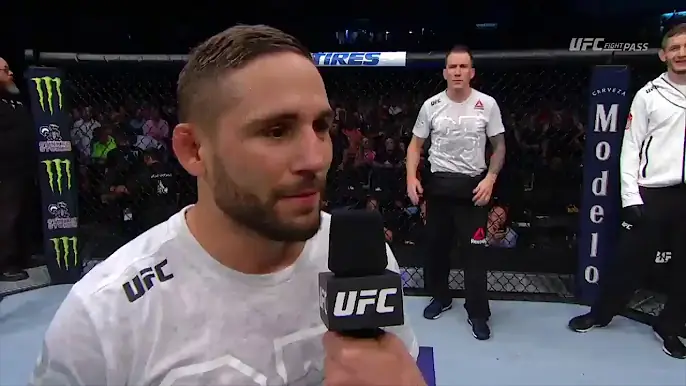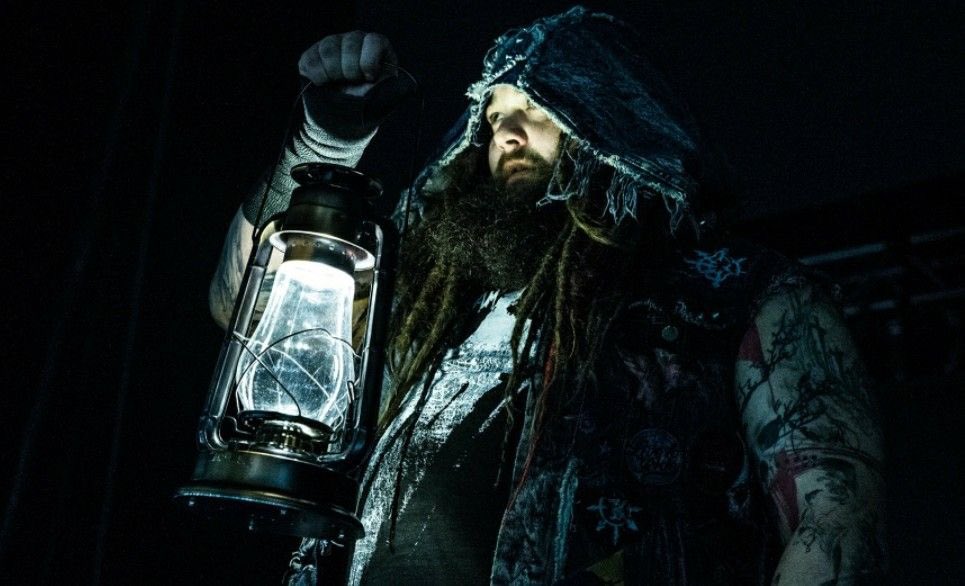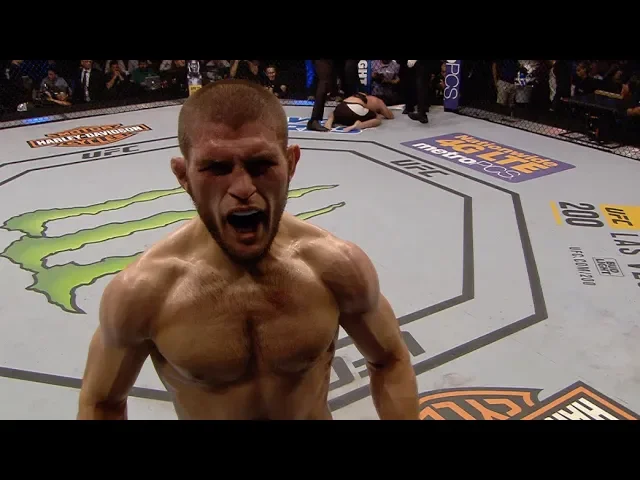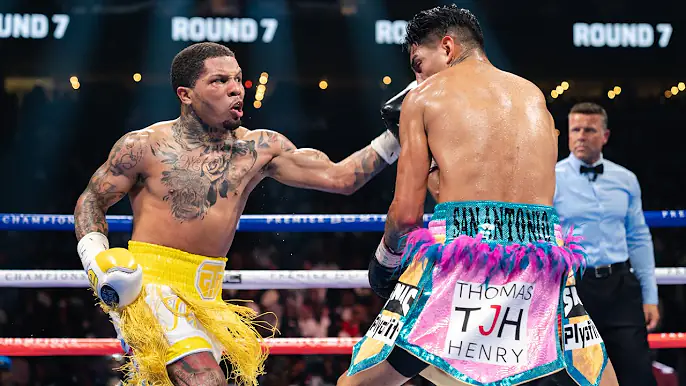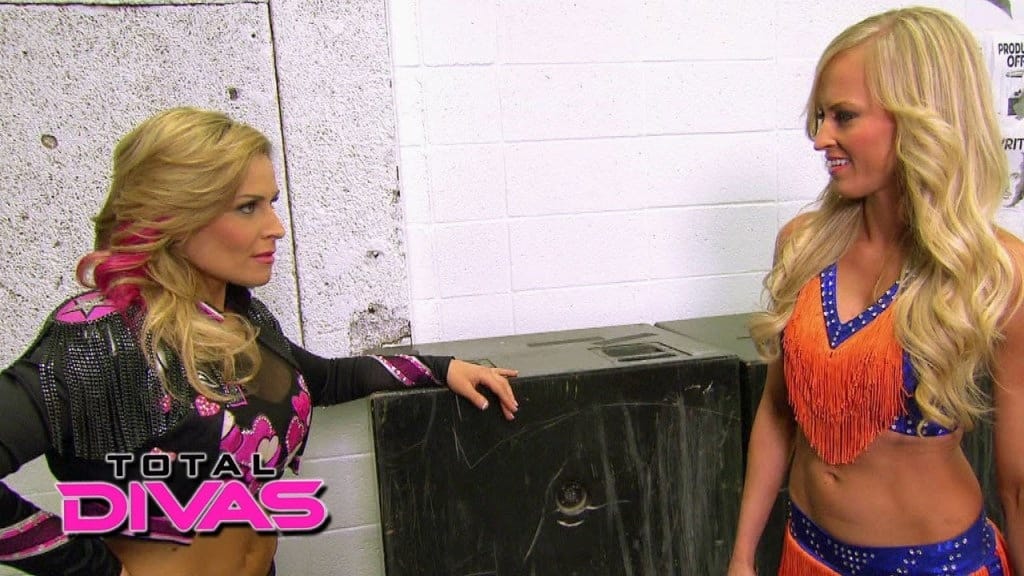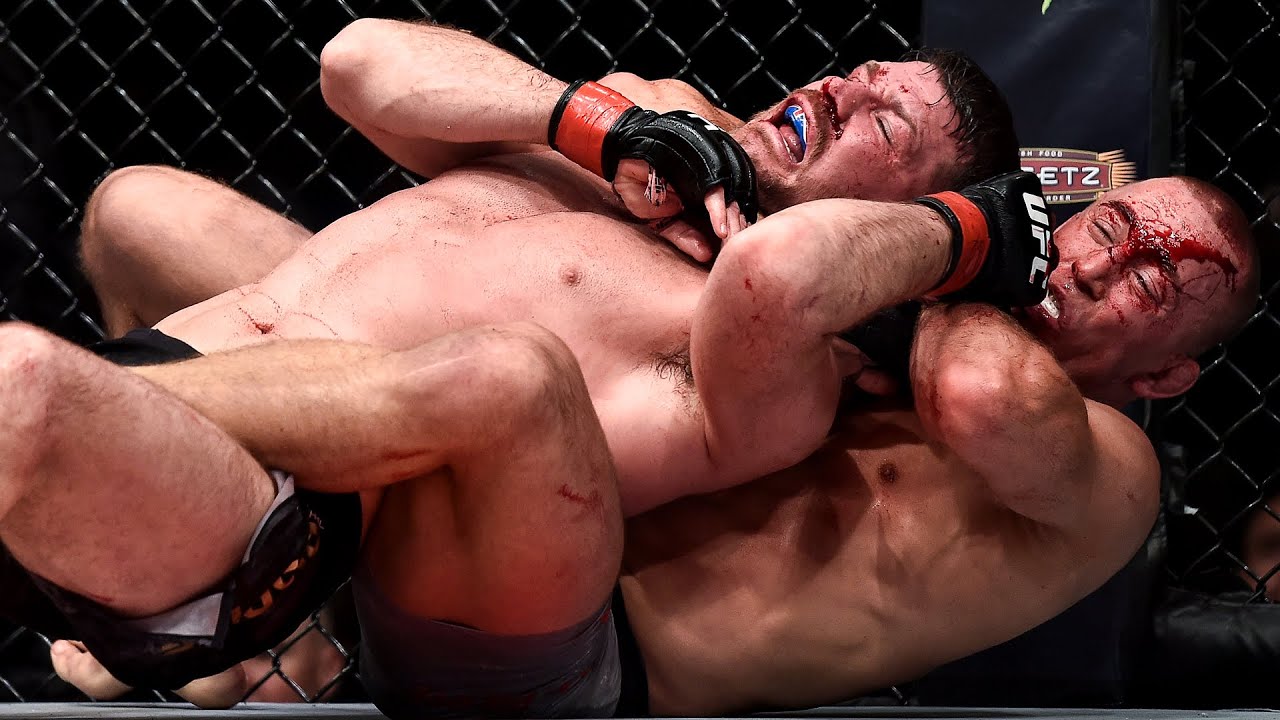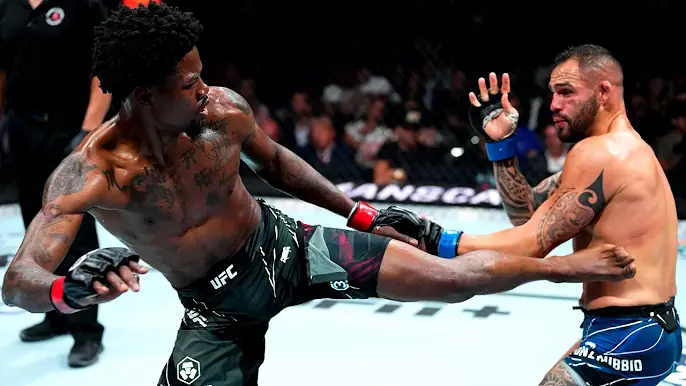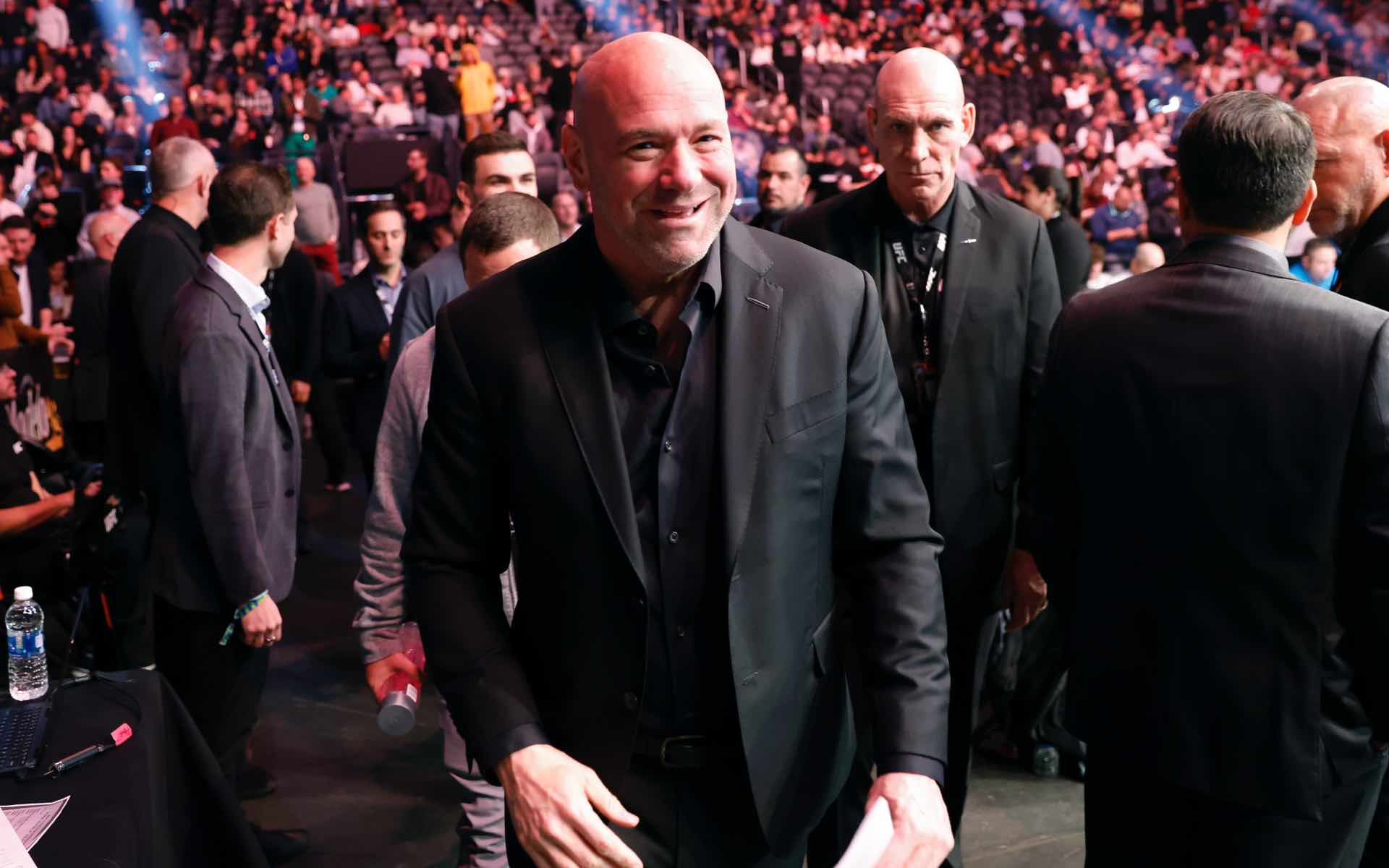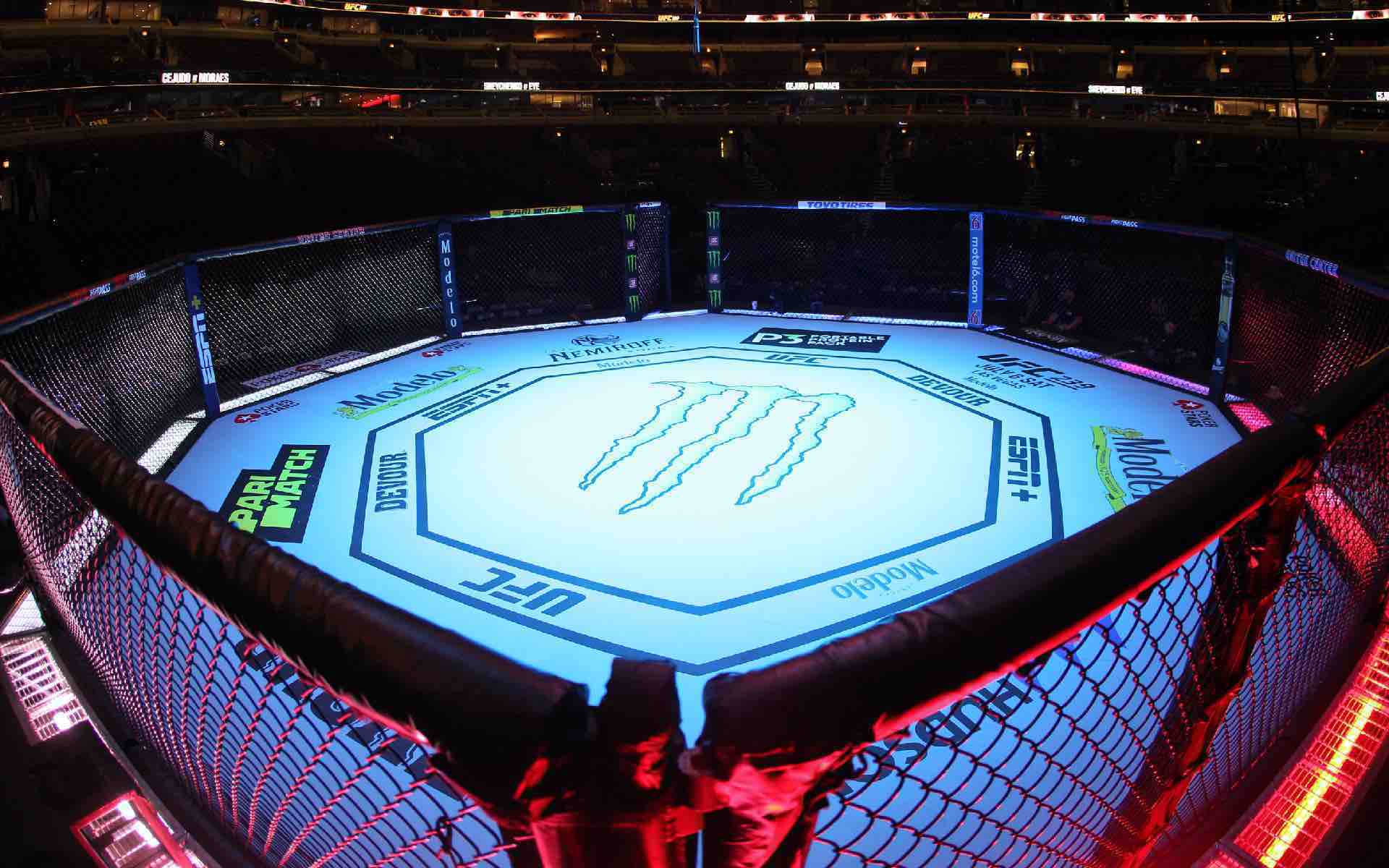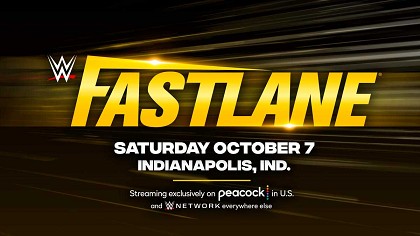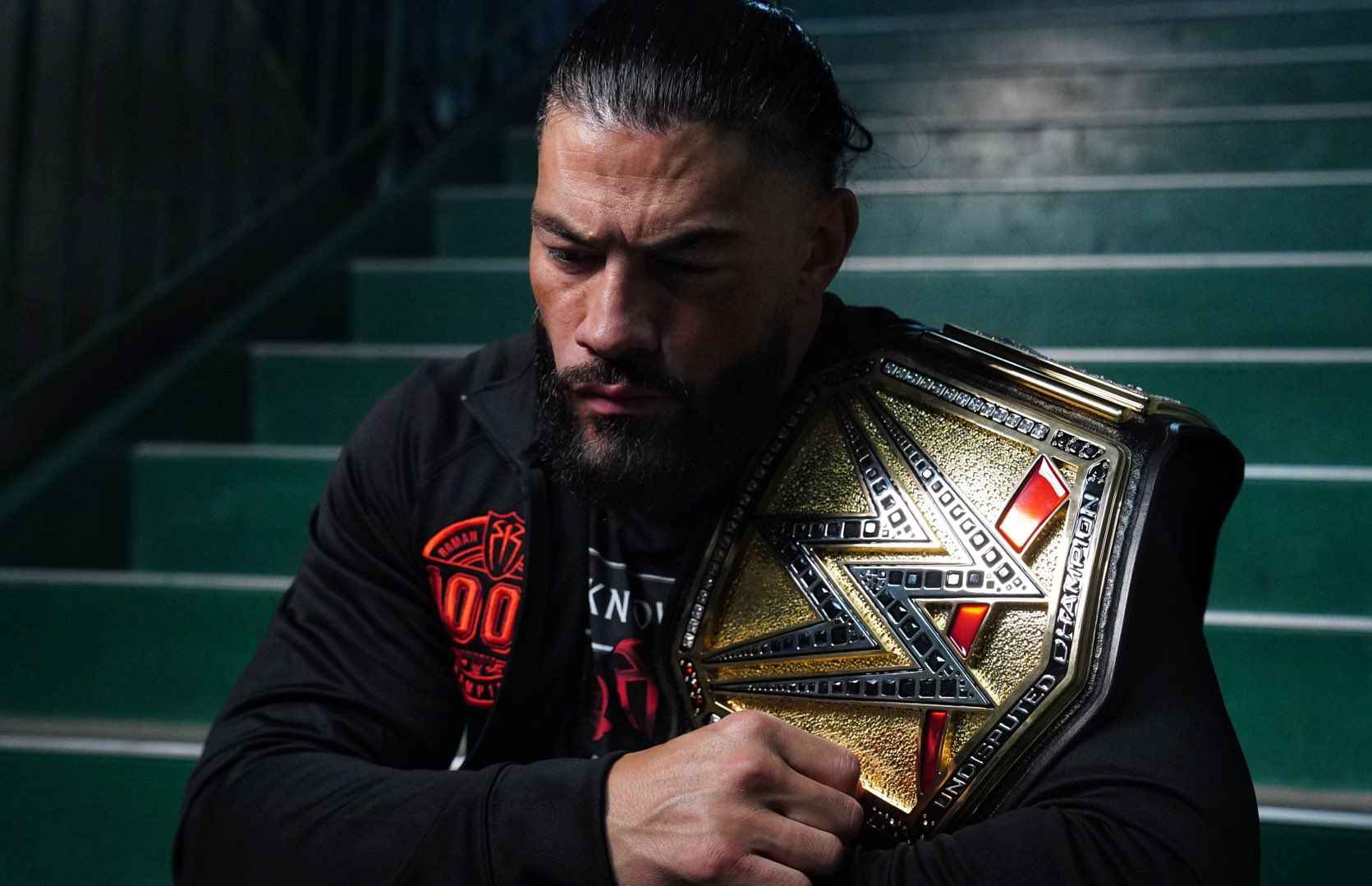Top 10 Times WWE Broke the Fourth Wall
WWE’s staple is combining athletic competition with Theaterific storytelling, but on occasion, the company likes to break the fourth wall. The phrase is, of course, taken from theater vocabulary, referring to specific instances when a character acknowledges the presence of an audience or perhaps the fictional plane in which they exist. These very instances often become some of the most unforgettable, shocking, or hugely entertaining moments in WWE history—a topic of discussion for years. Herein, we’ll expound on the top 10 times WWE broke the fourth wall, where each instance is a unique twist in the intricately interwoven world of professional wrestling.
- CM Punk’s Pipe Bomb
The Situation
The “Pipe Bomb” promo that CM Punk gave is now something referred to. He was renegotiating his contract, actually, that was going to expire on June 27, 2011.
The Moment
The Punk promo was a mix of storyline and reality in which he basically talked all his grievances about WWE, its management, even real-life figures such as Vince McMahon, and John Laurinaitis. He took advantage of the forum to blast the company’s creative direction, the favoritism shown by the company towards stars like John Cena, and he was one that desired change.
The Legacy
The Pipe Bomb is considered to be one of, quite possibly, the best promos in WWE history. It rejuvenated Punk’s career to go on to become a once-in-a-lifetime WWE Champion and, in many ways, re-energized the product put forth by the largest wrestling company in the world, setting an innovative level of reality-based storytelling.
Further Effects
The Pipe Bomb had a ripple effect on more than just the career of Punk. Other wrestlers were now able to begin weaving much more reality-based elements into their promos. The promo cracked the ideologically traditionalist mold of WWE promos over one’s knee, allowing a fresh, way more authentic style of mic work than fans have known in years.
It is often mentioned as a turning point in helping lead WWE into the minds of many for a new era of storytelling, one that truly recognizes the awareness of the fan base in regard to the thing going on in the business.
- The Montreal Screwjob
The Context
The Montreal Screwjob happened at the Survivor Series ’97, between Bret Hart and Shawn Michaels. It was the end of Hart’s career at the WWE and soon to depart to WCW; thus, there was great tension within the management of exactly how their last match and title loss should go down.
The Moment
In the match, Michaels locked Hart into the Sharpshooter – Hart’s signature submission move. Although Hart never submitted, the referee, at the command of Vince McMahon, called for the bell, giving the victory to Michaels. Hart was furious, spitting towards McMahon and smashing objects on ringside.
The Legacy
The Montreal Screwjob broke wrestling’s purposely maintained fourth wall and really exposed the audience to backstage politics, real-life conflict—out of which approximately $1 million—spawned a character that, in many ways, has done permanent damage: the “Mr. McMahon ” character.
Further Impact
The Montreal Screwjob changed the professional wrestling landscape and made a difference in the careers of so many participants. Moreover, because Bret Hart left for WCW, it was a professional wrestling separation. The Montreal Screwjob solidified the Attitude Era, with its harder themes for adults and conservative lines between reality and theater. This has seen the occurrence of wrestling history case studies and will continue to affect many storylines and real-life promotions of the day.
- Vince McMahon and the Monday Night Wars
The Context
During the late 1990s, WWE was locked in an intense ratings battle with WCW. Known as the Monday Night Wars, this period of time saw both companies truly break boundaries in a frenzied attempt to attract viewers.
That Moment
In 1997, Vince McMahon broke the fourth wall by speaking directly to the WWE audience on Raw, discussing real-life competition, and how WCW was beating the WWE in ratings. He accepted that at this point, WWE was losing the ratings war and promised a new, edgier direction for the company.
The Legacy
McMahon’s speech accepted the axiom that browsing was troubling against WCW and thrusted the Attitude Era into being—a time of more sophisticated subject matter and controversial material that ultimately allowed WWE to prevail once again.
Further Impact
This was a candid moment and a rather bold move at a time when it was most needed. De-referring to the competition actually built a bit of anticipation and coalesced fans behind a cause that was cheering on WWE against WCW. The company would continue to shift content even further toward the Attitude Era, with its edgier angles and characters being renewed to the WWE product to gear up relevance toward older teens and young adults.
- Triple H and The Curtain Call
The Situation
In 1996, The Kliq—backstage affiliates Shawn Michaels, Triple H, Kevin Nash, and Scott Hall—deviated from the script in an incident at Madison Square Garden that has been referred to as “The Curtain Call.” At Queens, this was only a few weeks from their final appearance for WWF as Nash and Hall were leaving for WCW.
The Moment
After the match, Triple H and Michaels made their way into the ring and hugged Nash and Hall. It was signature “returning the love” on the part of Triple H and Michaels—and improv on their part—and effectively killed the righteousness-versus-wrongness concept behind the good guy versus bad guy plot. This was an unrehearsed goodbye, watched by the audience in attendance but captured by fans recording video.
The Legacy
In fact, The Curtain Call had broken not only the fourth wall, but also kayfabe, as it exposed for all the first real look at the camaraderie between wrestlers, no matter how intense their in-ring personas. Triple H faced punishment as a result of his part in the incident, and it was not until after this that he was pushed, so in reality Stone Cold Steve Austin simply took the place that Triple H would have been in, had.
Further Impact
In several important ways, The Curtain Call influenced the way many different careers would develop over the next several years. Most notably, Triple H’s postponed burial inadvertently accommodated plenty of space for the already-ahead-of-him “Stone Cold” Steve Austin, whose subsequent explosion of popularity did descriptions of heavy lifting in the Riverside Men’s Room space-wise—essentially doing in WCW for good by dramatically turning the tide of the Monday Night Wars. It’s a storyline-packed event that also manages to unintentionally herald the changing landscape of fan engagement, one in which ever-growing behind-the-scenes knowledge of the real people and situations began to influence—and at its worst, seem more central to—audiences.
- Mick Foley Becomes the WWE Champion
The Context
On January 4, 1999, Mick Foley, as Mankind, on Raw, won the ‘WWF Championship’ for the first time in its history. Meanwhile, Nitro went live, so WCW did everything it could to ruin the WWE’s taped show by giving away the result.
The Moment
Indeed infamously, the voice of WCW, Tony Schiavone, would spoil the pre-tape Raw main event by saying that Austin was to lose his belt to Mick Foley later that evening, infamously following the comment up with, “That’ll put butts in seats”. Fans took no time to switch the channels, witnessing one of wrestling’s greatest moments.
the legacy
It broke the fourth wall, directly addressing the competition between WWE and WCW. But it backfired on WCW as millions of viewers switched over to Raw, contributing to WWE’s eventual win in the Monday Night Wars. The win by Foley would turn out to be one of the most memorable moments in WWE history.
Further Impact
The championship victory of Foley simply underlined the deep psychic connection between the audience and an underdog’s struggle. The colossal channel switch ultimately struck a severe blow to WCW, thus proving once again that authentic storytelling coupled with character development is diverting for many crucial reasons and it was used to show the nasty ways real moments in wrestling worked where victory of a real underdog meant something powerful to the audience.
- The Formation of the nWo
The Context
The new World Order (nWo) storyline all began in 1996 when Scott Hall and Kevin Nash, who used to be wrestlers for WCW’s rival company, WWE, “invaded” WCW and just kept insinuating that there was going to show up some mysterious “third man” to join the hapless duo.
The Moment
At Bash at the Beach 1996, the third man was revealed to be Hulk Hogan, who turned heel and joined Hall and Nash. Hogan came down to the ring and went face-to-face with the audience, running down WCW and all its fans and declaring the formation of the nWo.
the legacy
While Hogan’s heel turn and the creation of the nWo had broken the fourth wall, through it, it had been able to make real life elements of wrestling politics and contracts somehow part of the storyline. It was revolutionary and pioneered what would be among the most successful and influential factions in history.
Further Impact
This storyline of nWo brought an amount of realism and unpredictability never seen before in wrestling. The heel turn by Hogan himself put a complete shock in the wrestling world, proving that established personalities could easily be revamped into new avatars. Their influence ran further than WCW to WWE and the whole of the wrestling industry with regard to how everyone else was then starting to run factions, how everyone else was trying to tell stories, and how they were always trying to build characters.
- John Cena Feuds with The Rock
The Context
The feud between John Cena and The Rock is famous, which took place on the road toward the two WrestleMania matches in the year 2012 and 2013. Both are great showmen who often, in their promos, crossed the line between reality and fiction, making personal jabs on one another.
The Moment
Believe it or not, through Cena’s promo exchanges with The Rock, he belittled The Rock for the fact that he left WWE to pursue a Hollywood career. Plus, The Rock gave him problems regarding his character and merchandise. Both situations were pretty personalized, felt real.
The Legacy
The feud indeed was a break of the fourth wall, including hot-button real-life issues, such as The Rock’s bid into Hollywood and Cena’s controversial stay at WWE that brought independent media attention to the contest and laid new records for highest-watched WrestleMania’s.
Further Effects
In many ways, the Cena vs. The Rock match fused the two worlds together to create something truly magical; their rivalry helped to bring back a lot of previously lapsed fans and drew in attention from the mainstream media, thus elevating the view of many towards the WWE. The realism and reality in their promos made their contests assume the appearance of truly “big-time” matches, making WrestleMania a “must-watch” and a spectacle outside of the wrestling cocoon like never before.
- Paul Heyman Shoots on Vince McMahon
The Setting
In 2001, he delivered an extremely incendiary promo to Vince McMachon in the middle of the Invasion storyline, where the WCW and ECW were going against the WWE, to represent ECW.
The Moment
The difference is that Heyman’s promo was a shoot, meaning it was a shoot and it had unscripted and genuine criticisms of McMahon and WWE business practices. Heyman blamed the head honcho for stealing ideas from ECW, for underpaying talent, and for being out of touch with wrestling fans.
The legacy
This genuinely broke the fourth wall, putting real backstage issues into the storyline itself. With a passionate delivery and earnest criticisms, Heyman himself resonated with fans to make it one of the most memorable promos of that era. This, of course, made the Invasion angle have a greater level of pungentness, even if the rest of the overall storyline never works.
Further Influence
Heyman’s shoot delivered the blueprint toward the use of unscripted authenticity within WWE, as real fervor and legitimate gripes, when harnessed correctly, could be used to help carry storylines. It also showed Heyman’s incredibly great mic skills and sealed his legacy as one of the most compelling, honest voices wrestling has ever seen.
- Matt Hardy’s “Broken” G General Gazette
The Context
It was with the “Broken” Matt Hardy character that he had originally created his lonesome which really helped him get over in TNA/Impact Wrestling. Thus, when he returned to WWE in 2017, everybody was expecting him to portray that character again for the company.
The Moment
At first, WWE just repurposed a knock-off version called “Woken” Matt Hardy in an attempt to manage copyright issues related to the Matt Hardy brand, but with great regularity, he began to slip out the catchphrases and mannerisms of his former persona, and even on with main storyline arcs discussing how the audience needed to experience the “Broken” character.
The Legacy
However, Hardy’s “Woken” character managed to break all the barriers of the fourth wall, addressing in fact a legal battle over his persona with elements featuring from his days down in TNA. But what this mixing of fantasy with actual people and events achieved, more than anything, was keeping the character popular because everybody was watching; and, for Hardy, it was a great way of keeping true to the creativity and touching his fandom.
Further Effect
The character of the “Woken” Matt Hardy showed the importance of intellectual property within wrestling, and, more so, the power of fans in seeing a character change. Hardy was absolute in his character and even the minute details that evoked his character and showed the wrestling world how wrestling could be both preposterous and thrilling. This was yet another example of how WWE adopted its style to integrate with a popular scenario in rival promotions.
- The Miz’s Shoot on Daniel Bryan
The Context
In 2016, on the post-SmackDown show Talking Smack, The Miz had a heated exchange with Daniel Bryan after Bryan criticized The Miz’s wrestling style, calling it cowardly. It was a hell of a showdown. The Moment In the ring, The Miz went on a great uncontrollable promo—an emotional and unscripted promo—about how he defended his style, how he defended his choices in his career that led him here. He flashed through words, lashed out at Bryan for being a coward distraught with the concussion, and questioning his love for professional wrestling: great committed performance; it really felt real.
The Legacy
As these real-life hostilities and critiques seep into their own storylines, this fourth wall moment was created. The Miz’s promo last Friday was what everyone held their breaths for, more importantly because it has been regarded as one of his very best because there was a lot of truth behind his words. If that elevates him as one of WWE’s best villains or changes his character, it remains to be seen. Besides, it sheds light on the potential unscripted promos have in WWE stories.
Further Effect
It led to the fact that the real emotion works in wrestling promos best. With this blow, The Miz’s career really worked out, putting respect and credibility into him as a worker. It also shows that talking smack helps wrestlers show a little more of their real selves and speak from the heart in their promos, things that help the wrestlers have more layers.
Conclusion
Hudmorgan says the significance of breaking the fourth wall in WWE is a great weapon to add depth and realism—to raise the bar for storylines, to create those electric moments, legendary Inception quotes, and give the audience deeper engagement. Some key examples are that of CM Punk’s Pipe Bomb and The Miz’s shoot on Daniel Bryan—the results for these cases are indelibly imprinted within both the history of WWE and its audience. All fact and fiction blur under the steady hand of WWE, whose product remains fresh and compelling by doing so occasionally, always keeping in the forefront of the fan’s mind the question of ‘What next?’. Be it for reasons of necessity, creative genius, or real-life tensions, these have been contributions to help shape the narrative landscape at WWE. They serve as reminders destined to reignite the thought wrestling is scripted when the taken-aback situation channels a very genuine emotion and channelizes the crowd connections as real. This blending of reality into fiction continues to be a hallmark of WWE storytelling, creating a rich tapestry that keeps fans invested, entertained, and coming back for more.

